The title says it all.
For a simple example: at time t1, the repository contains files with extensions .A and .B. At a later time t2, we decide to add .B extensions to the .gitignore file. I'd like to list files with extension .B currently under version control (not to remove them, just to know if/where they are).
Of course in my case it's not just one extension but many different patterns that have been added to the .gitignore. And it is also something useful to know for general maintenance purposes.
Note: I'm not interested in ignored files not under version control, I know you can list those using git status -i.
